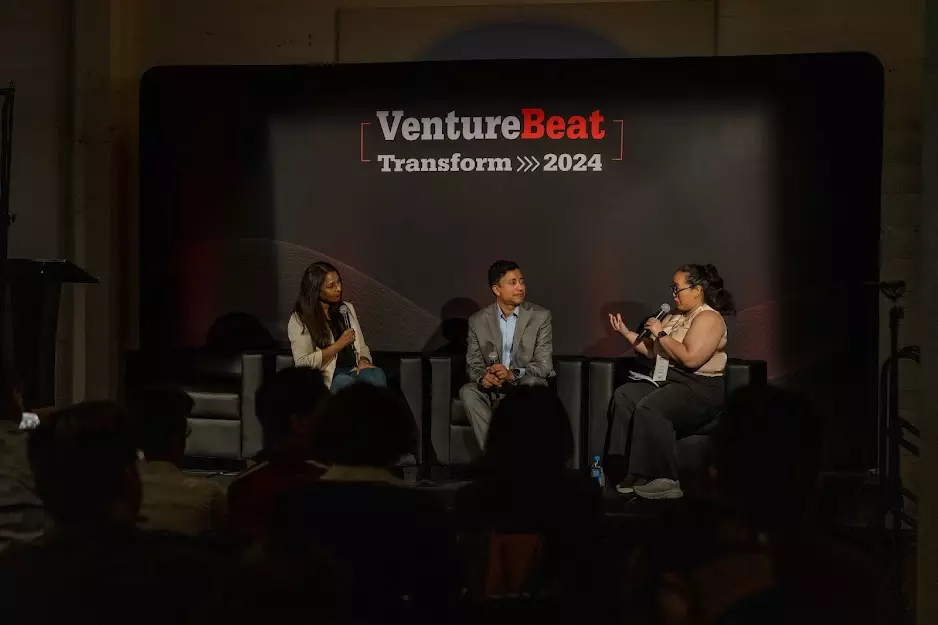The integration of generative AI into healthcare settings is proving to be more than just a technological upgrade. Kiran Mysore, chief data and analytics officer at Sutter Health, and Aashima Gupta, Google Cloud Director for global healthcare, recently discussed how generative AI is streamlining operations and enhancing patient care. Rather than simply plugging in technology, the implementation of generative AI aims to alleviate the burden of time-consuming administrative tasks during clinical visits.
Technological advancements in the healthcare sector are not a new concept. Platforms like Epic have significantly accelerated the digitization process, allowing patients to input their health information and enabling medical providers to communicate seamlessly. The onset of the Covid-19 pandemic further catalyzed the need for immediate access to health information, prompting the industry to respond swiftly to meet the growing demand.
Generative AI presents numerous use cases in healthcare, ranging from workflow optimization to the analysis of medical imaging. Major organizations like Kaiser Permanente have successfully integrated AI into their operations, leveraging predictive analytics to proactively monitor patients. Mysore and Gupta emphasized the importance of making the patient-physician interaction more efficient and personalized, ultimately improving the overall healthcare experience.
According to Mysore, AI plays a pivotal role in enhancing the patient-physician experience at Sutter Health. By reducing the time spent on administrative tasks, physicians can allocate more time to engaging with patients and understanding their unique medical histories. While AI is not used for diagnosing patients, its primary function is to enrich the data analysis process, empowering healthcare professionals with valuable insights.
Google Cloud’s approach to generative AI in healthcare is centered around providing clients with tools to effectively leverage their data. Rather than focusing on diagnostic capabilities, Google Cloud aims to equip healthcare providers with the necessary technological infrastructure to optimize patient care and operational efficiency. From addressing healthcare worker burnout to facilitating medication management, Google Cloud’s solutions are designed to streamline healthcare workflows.
Despite the transformative potential of generative AI in healthcare, there remains a degree of skepticism and reluctance among some physicians. Mysore highlighted the importance of engaging with healthcare professionals who are receptive to change and providing them with the necessary support and training. Similarly, Gupta emphasized the need to address concerns and build trust among stakeholders to ensure the successful integration of AI technologies in healthcare settings.
The integration of generative AI in healthcare represents a significant milestone in the ongoing transformation of the industry. By focusing on enhancing patient care, streamlining workflows, and empowering healthcare professionals, generative AI has the potential to revolutionize healthcare delivery and improve overall patient outcomes. It is essential for healthcare organizations to embrace technological advancements and collaborate closely with stakeholders to navigate the challenges and opportunities presented by AI integration.


Leave a Reply